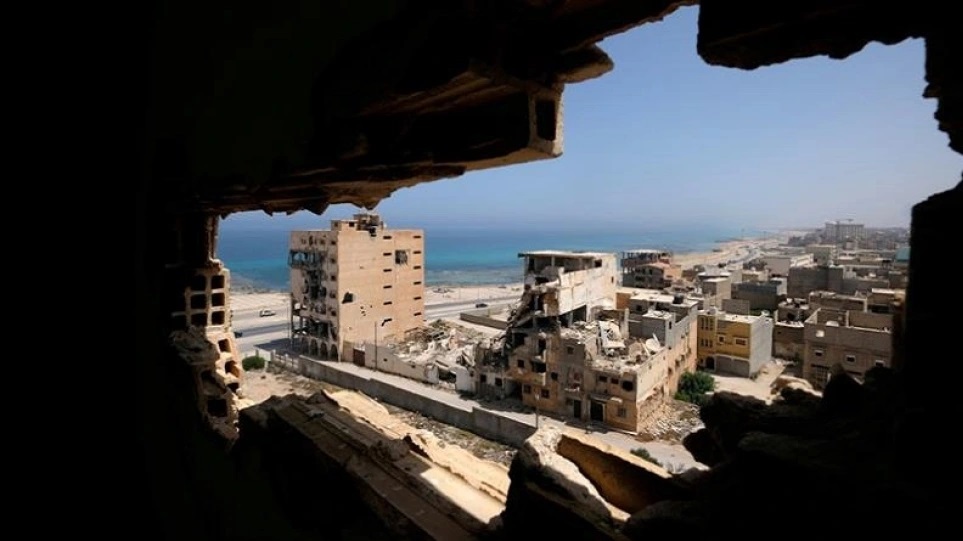UN expert investigation mission finds “war crimes” and “crimes against humanity” committed since 2016
Twenty-five unidentified bodies were found in Tarhouna, a city in western Libya , where dozens of mass graves have been discovered since the summer of 2020, the Libyan authorities in charge of the missing announced today.
” Five mass graves were discovered from which 25 bodies were exhumed ,” the authority said in a statement.
The announcement comes a week after the discovery of ten bodies in the same small rural town, where the remains of about 200 people have been found in mass graves since last year.
A UN expert investigative mission on October 4th found “war crimes” and “crimes against humanity” committed since 2016 in the country.
The existence of mass graves was first reported after the departure of General Khalifa Haftar , the powerful man of eastern Libya, from the city in June 2020 . These forces have been trying since April 2019 to conquer, unsuccessfully, the capital Tripoli, 80 kilometers northwest of where the then internationally recognized government was based.
In Tarhuna, the abuses began in 2015, when the local al-Kani militia, known as Kaniyat, took control. Led by six brothers, she swore allegiance to General Haftar and spread terror among the townspeople, methodically exterminating her opponents.
For years, “he kidnapped, imprisoned, tortured, killed and often disappeared people, According to the Human Rights Watch (HRW).
The Kaniyat militia had made Tarhuna its base in its attempt to occupy the capital. Its leader, Mohammed al-Kani, was killed in late July in Benghazi (east).
Libya plunged into chaos following the uprising that toppled Muammar Gaddafi’s regime in 2011 , with rival forces based in the east and west of the country, a myriad of armed militias and foreign mercenaries scattered all over the country, against the background of foreign interventions. A ceasefire was signed
last Novemberbetween the warring parties and a new government tasked with unifying institutions was appointed in March, raising hopes for peace after a decade of violence. Its role is to lead the transition to the presidential and parliamentary elections scheduled for the end of December and the end of January respectively.



